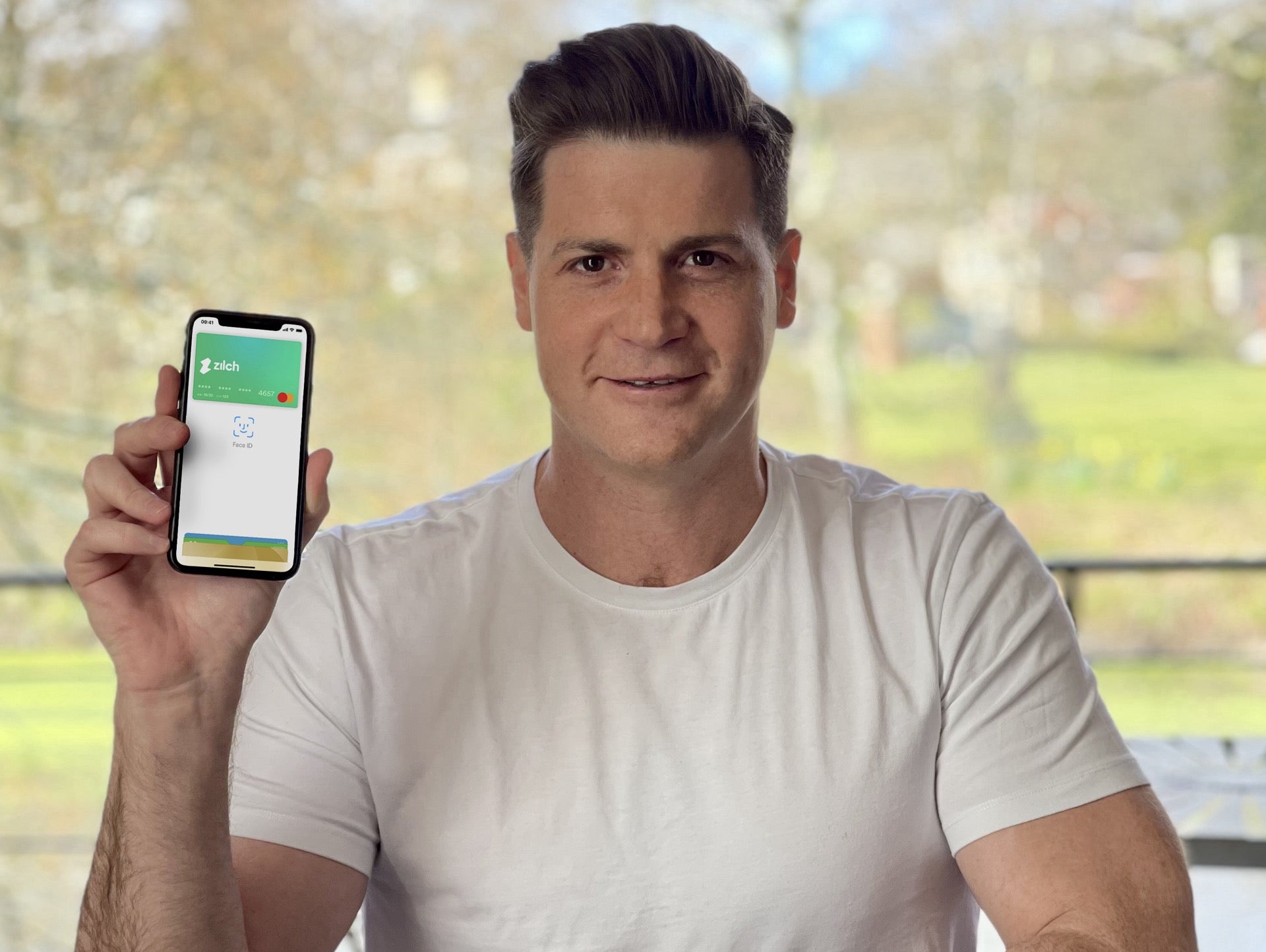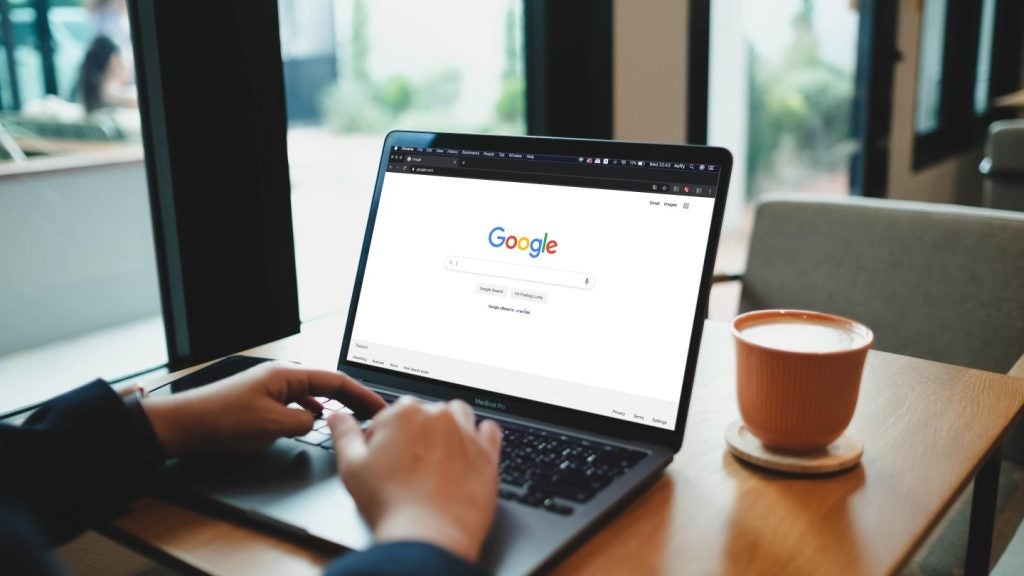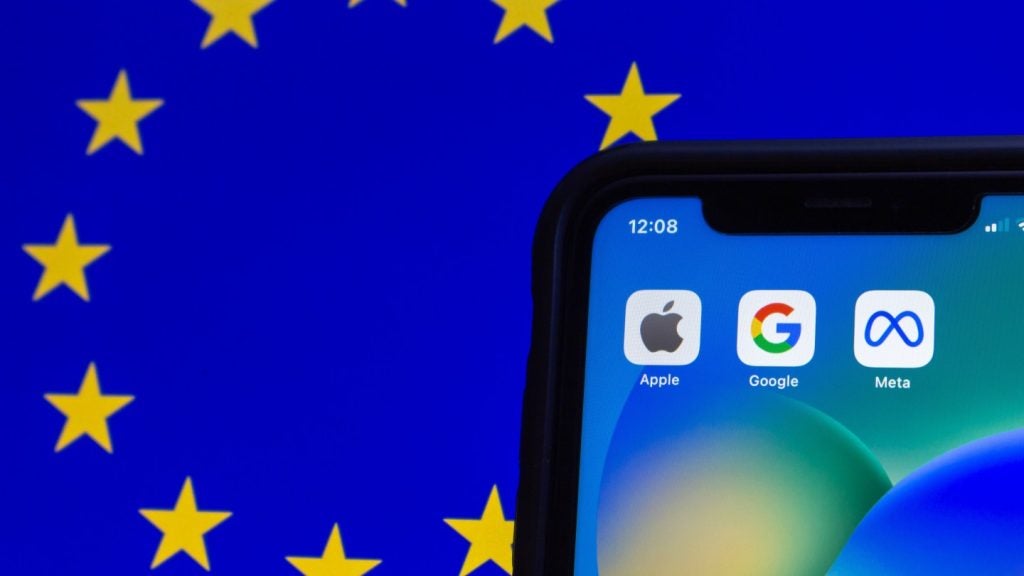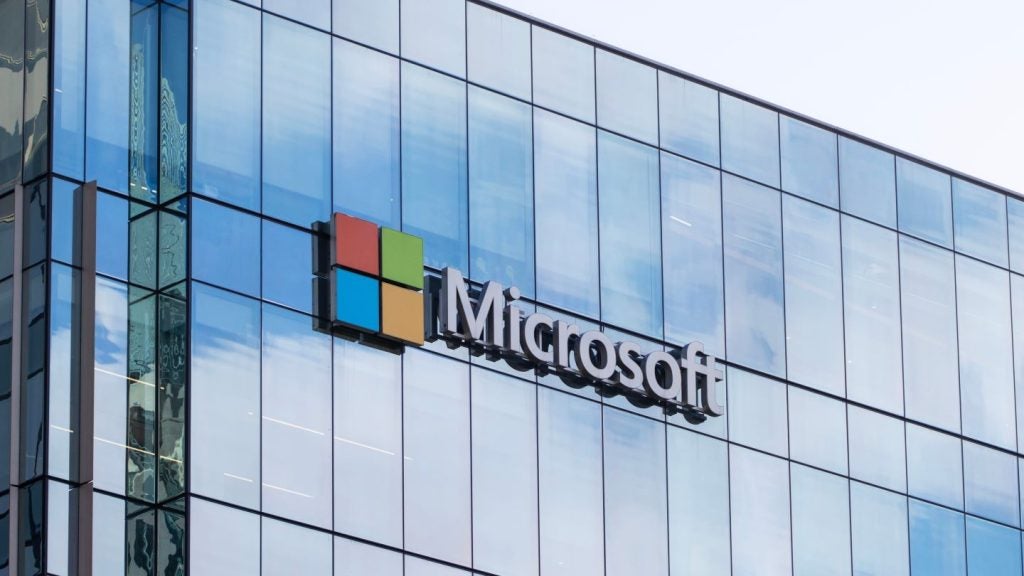
Payment processing giant Square is buying credit company Afterpay, but smaller startup and competitor Zilch isn’t worried at all about the multi-billion dollar deal.
“This doesn’t affect Zilch’s growth plans or strategy in the immediate future,” Philip Belamant, founder and CEO of Zilch, tells Verdict.
Square, which is run by Twitter’s Jack Dorsey, will be able to use the deal to tap into the highly lucrative buy-now-pay-later (BNPL) market, which is expected to be worth $166bn by 2023, according to GlobalData’s Thematic Research.
While recognising that Square acquiring Afterpay for $29bn will make the market more competitive, Belamant argues that Zilch will be able to weather storm because it is “not an integrated BNPL provider.”
“[That] is why, when you compare our numbers year to year to the large incumbents at the beginning of their growth journey, our growth is [about four] times ahead of theirs,” Belamant claims.
Zilch secured an $80m Series B round in April at a $500m valuation. It extended the round in late July by adding another $110m. Goldman Sachs and DMG Ventures were among the investors topping up Zilch’s coffers last month. The money is earmarked for Zilch’s planned US expansion.
How well do you really know your competitors?
Access the most comprehensive Company Profiles on the market, powered by GlobalData. Save hours of research. Gain competitive edge.

Thank you!
Your download email will arrive shortly
Not ready to buy yet? Download a free sample
We are confident about the unique quality of our Company Profiles. However, we want you to make the most beneficial decision for your business, so we offer a free sample that you can download by submitting the below form
By GlobalDataInterestingly, Goldman Sachs is also reported to be supporting Apple’s rumoured push into the BNPL space. The Apple rumours, Square’s acquisition of Afterpay and Zilch’s own funding round come as the BNPL market becomes increasingly crowded.
Pure-bred BNPL companies like Swedish quadradecacorn Klarna and American Affirm have dominated the market for years.
However, other fintechs – such as Danish challenger bank Lunar – have also announced plans to enter the market.
Bigger businesses are also stepping onto the scene, not just Apple. PayPal, American Express and Mastercard, the last of which is also a Zilch partner, are just some of the companies who have announced plans to provide BNPL services.
However, Belamant believes the increasingly competitive space won’t affect Zilch’s plans to become a premium payment portal and to eventually move beyond BNPL, comparing it to Amazon moving beyond books.
“The difference between legacy platforms and Zilch is our technologies were built for purpose to serve the needs of customers, not the other way around,” he says.
“It is also worth considering the challenges these companies will face post-acquisitions. Whenever an existing business tries to enter a different space – like a bank trying to move into BNPL – there is need to shift focus and for them to consider cannibalisation on revenues across their offering to the end consumer.
“This normally leads to fundamental disconnect, as it can be very difficult to reconcile very different business models within one business that has made promises to existing shareholders.”
Belamant argues that it isn’t BNPL startups that should be worried about the Square-Afterpay deal, but traditional credit card companies.
“The BNPL market is huge and will only continue to grow – in 2020 pay later made up 2.1% of e-commerce transactions worldwide and this is expected to double by 2024,” he says.
“Compare it to the credit card industry (where) there are multiple players existing at once, like the titans American Express and Capital One. There is more than enough room for multiple BNPL players to co-exist and run profitable businesses.”
Zilch isn’t the only BNPL firm to throw shade at the credit card industry: both Klarna and Afterpay have both taken a few jabs against credit cards companies in the past, usually when deflecting notions that their services could in any way harm people’s personal finances.






